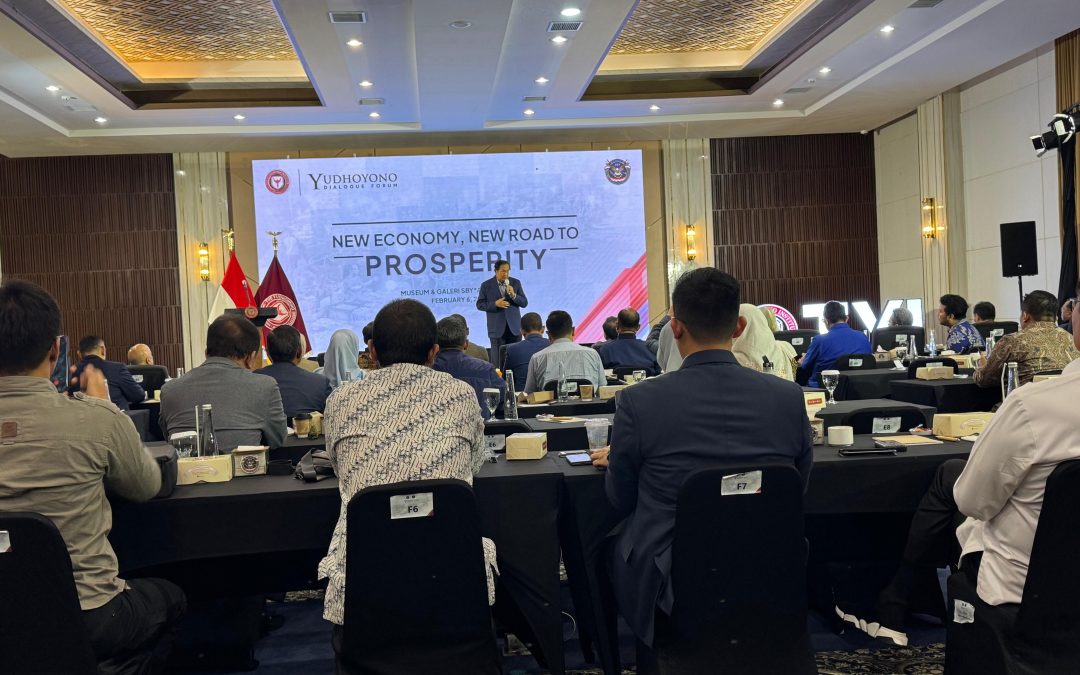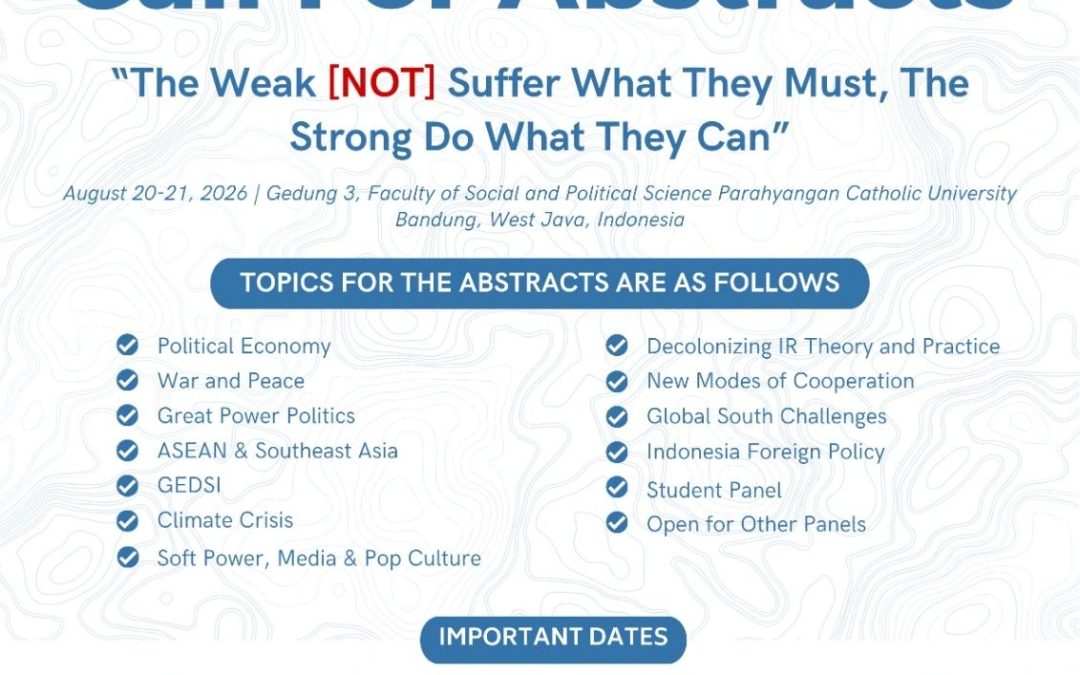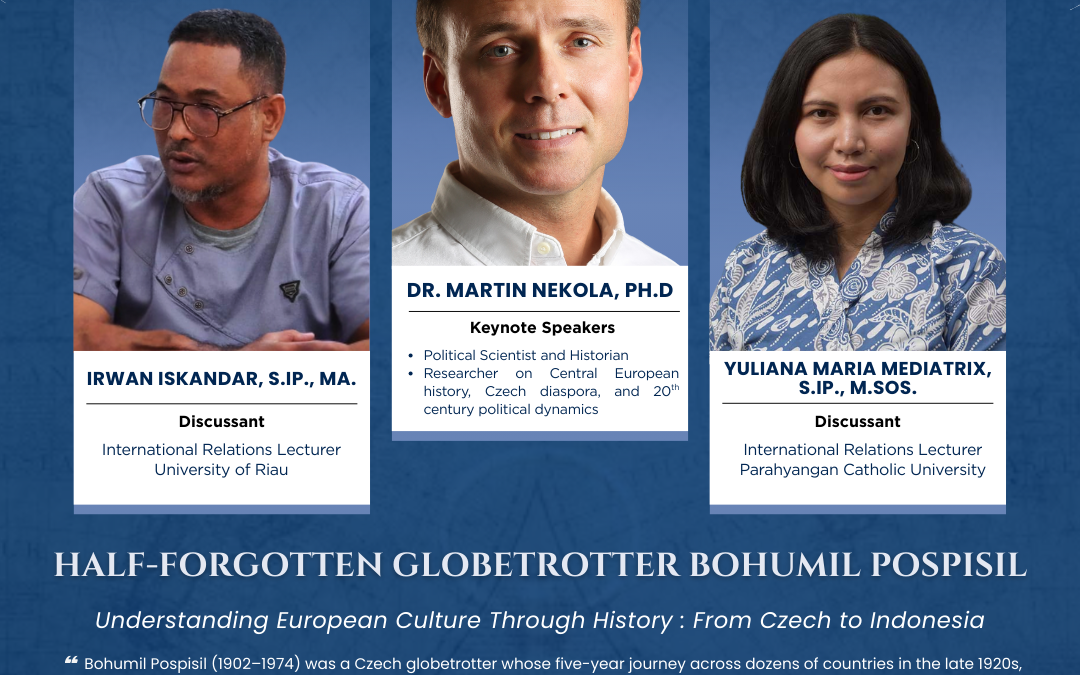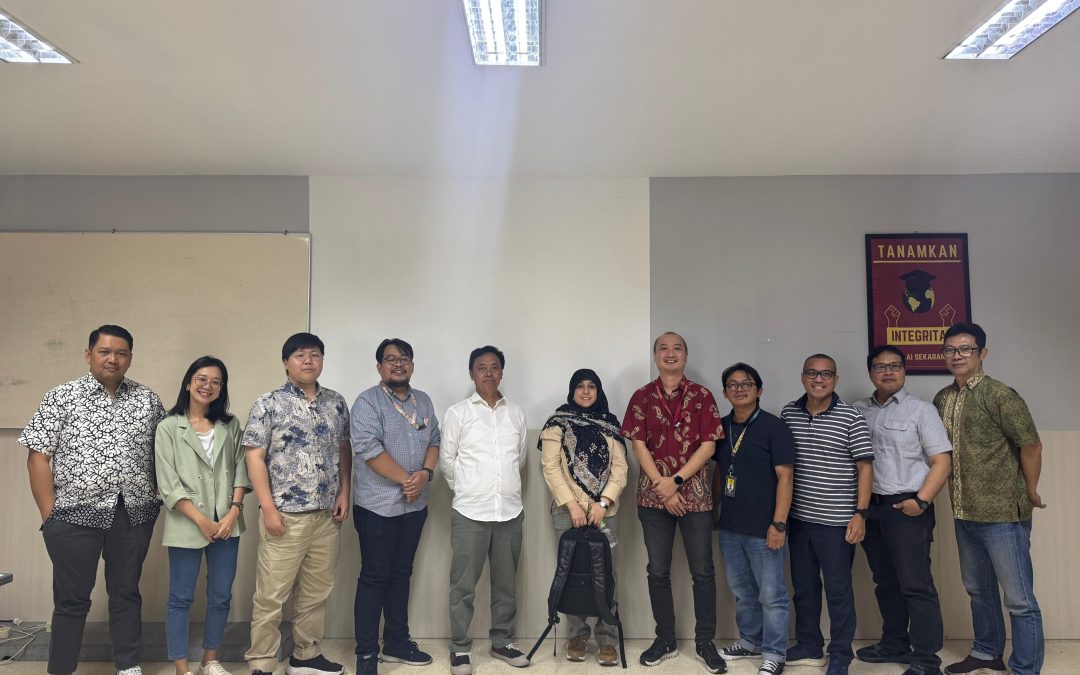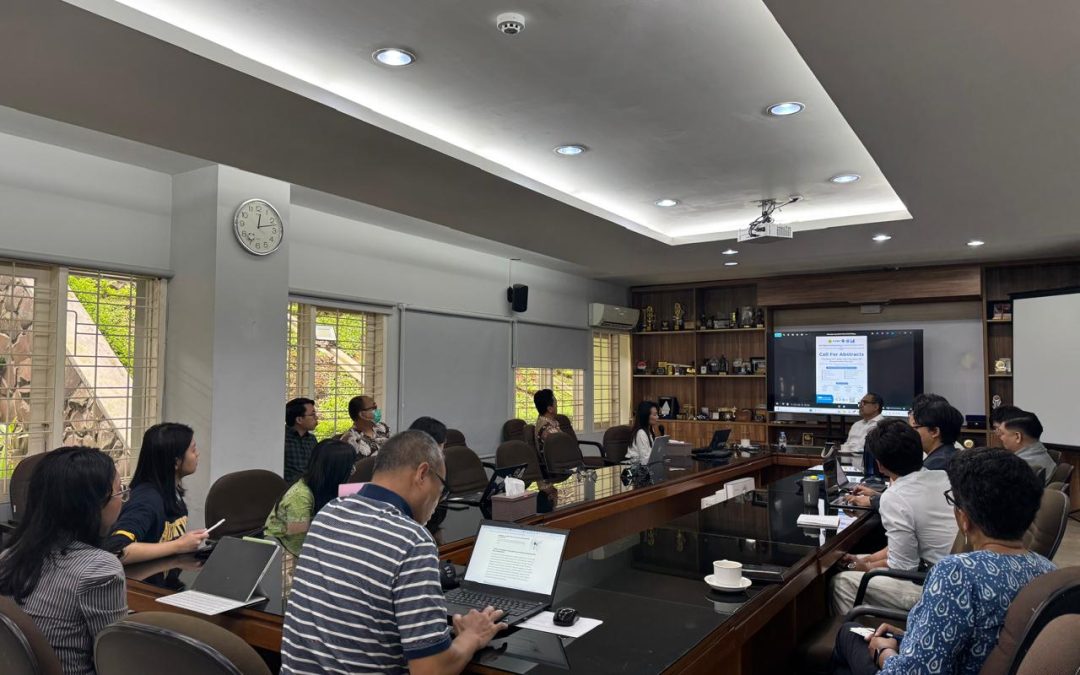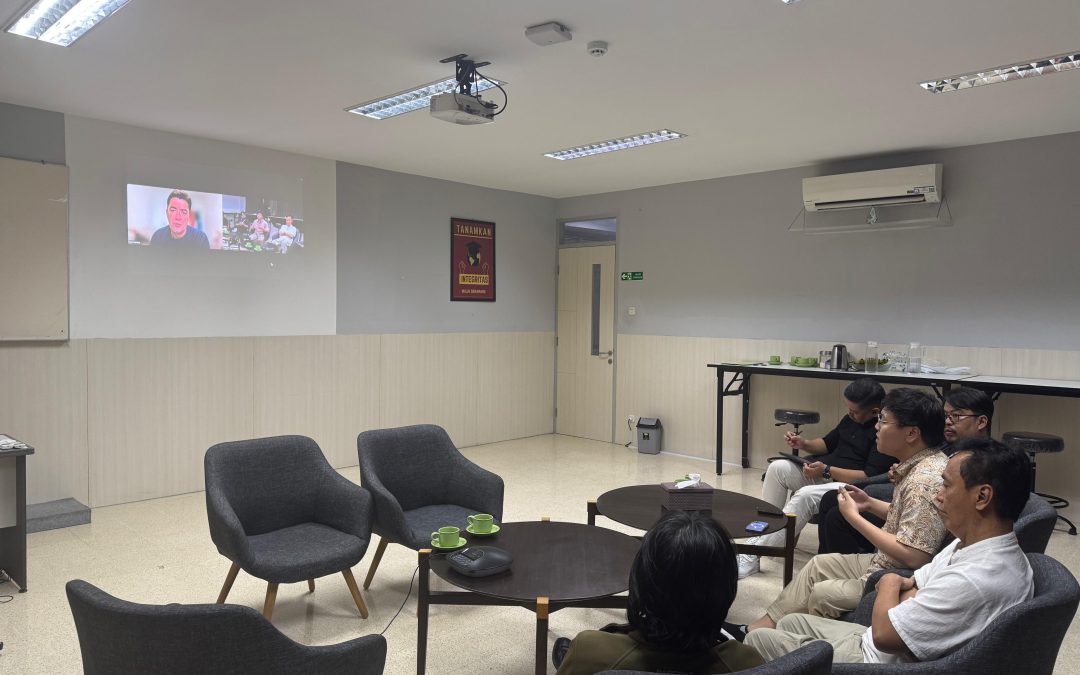On 15 May 2024, Pedro Manuel Moreno, Deputy Secretary General of UNCTAD visited UNPAR and deliver a public lecture as part of the 60th anniversary celebration of UNCTAD. The lecture, titled “Advocating the Interests of the Global South Towards a More Equitable and Inclusive Global Economy,” commemorated the six decades of UNCTAD.
Celebrating the milestone in Bandung holds symbolic significance, as it was the location of the first collective Third World declaration against the U.S. and Soviet blocs during the 1955 Asia-Africa Conference. Through the Bandung Conference the newly decolonized countries gathered to assert their importance on the global stage and their desire to actively contribute in international stage.
Nine years after the Bandung Conference, UNCTAD was established in 1964. The conference served as the cornerstone of UNCTAD’s raison d’être. UNCTAD born amidst the decolonization wave to foster cooperation on development and trade. It was created to integrate developing countries into the global economy, shifting their role from mere raw material providers to active participants in international trade.
UNCTAD is unique within the UN for its more egalitarian structure, initially starting as a conference and emphasizing horizontal relationships over vertical ones. It recognizes all countries equally, with even the PLO and Vatican enjoying full membership rather than observer status.
Despite UNCTAD progress, the challenges from 60 years ago remain unresolved. The global community has struggled to recover from recent setbacks, with global growth averaging 2.6% lower than pre-pandemic levels. Economic strain is widespread, with 3.3 billion people spending more on debt payments than on essentials like education, almost half the world’s population. The ongoing war between Ukraine and Russia exacerbates these negative trends. UNCTAD faces real challenges in a polarized world, plagued by pandemic impacts and conflict.
Developing countries face even greater difficulties. High poverty levels impede their growth, hindered by insufficient financial resources, technology, and human capital. These nations rely heavily on investment from developed countries and international donors. Yet the investment gap to achieve the Sustainable Development Goals (SDGs) has widened significantly, from $2.5 trillion USD in 2015 to $4 trillion USD today. As the Vice Secretary General noted, “We are richer, more developed, and more technologically advanced, but the investment gap to achieve our goals has almost doubled.”
The Deputy Secretary General emphasized that the solution to this global development problem lies in cooperation. Multilateralism is essential, and developing countries need support to develop downstream industries. UNCTAD’s role is to facilitate this cooperation between developed and developing countries.
Despite positive efforts, UNCTAD is constrained by global politics. The fragmentation of the world, unequal growth distribution, and technology monopolies generate perpetual struggles between national protectionism and economic development. Several cases illustrate these dual forces. Indonesia’s nickel export ban against Western interests highlights the complexities of global support for developing economies. Similarly, discriminatory regulations like the UN’s deforestation ban on commodities from the Global South are seen as obstacles to equitable growth.
The general lecture was hosted by Department of International Relations, Universitas Katolik Parahyangan in close cooperation with Ministry of Foreign Affairs, Republics of Indonesia. (Ratih Indraswari)


